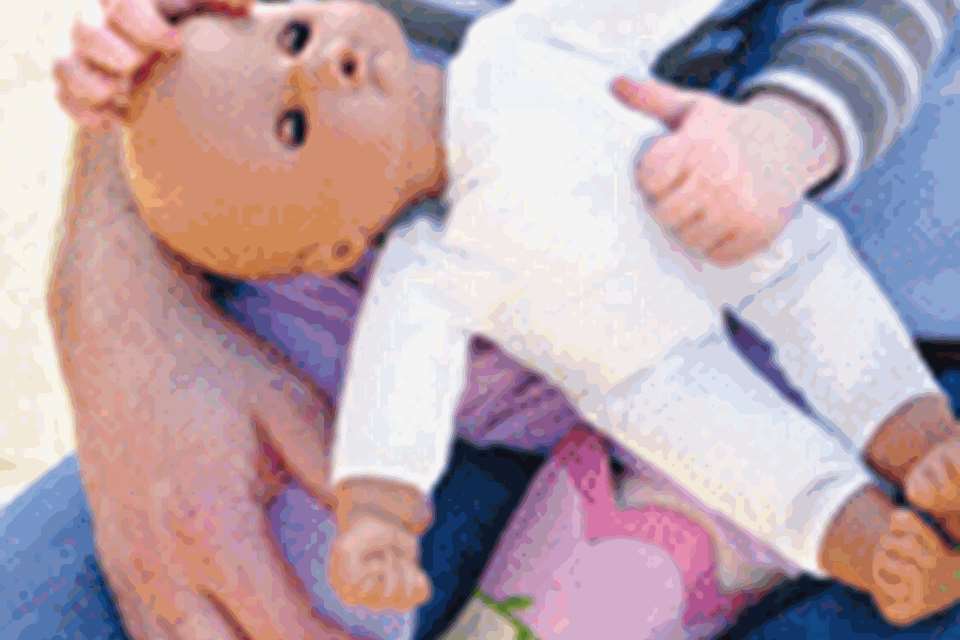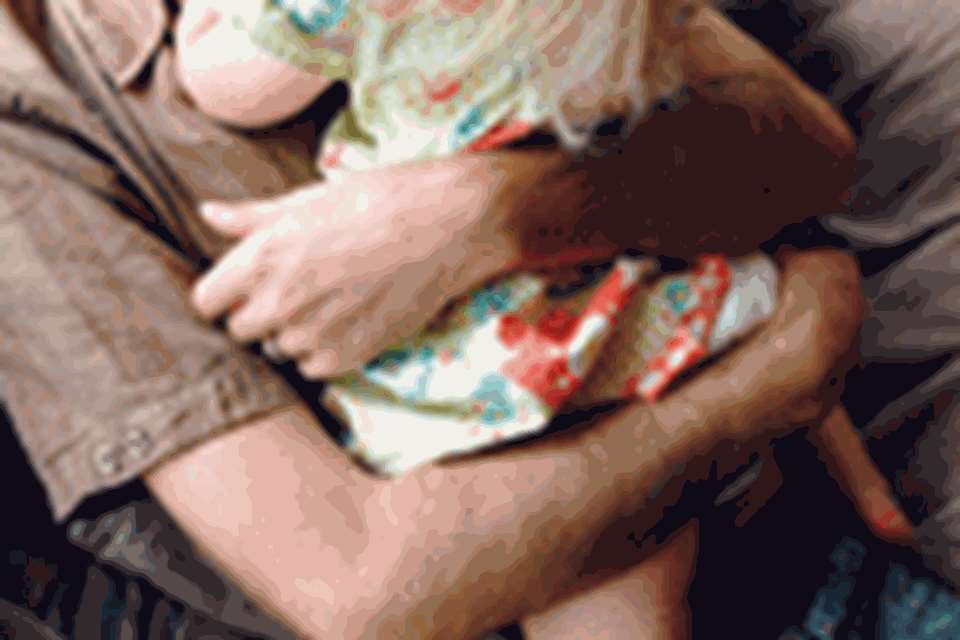Interview - Kate Cairns
Monday, December 12, 2016
An author, trainer, foster carer and a keynote speaker at the first Attachment Research Community conference.

What is the Attachment Research Community?
The ARC is a new sector-led membership organisation to facilitate and share research on the effectiveness of interventions, which use the findings of neuroscience, and an understanding of attachment and trauma, to make a difference to the lives of children.
A group of heads of virtual schools have been exercised to set up a centre for action research and resources. Virtual schools are a construct within a local authority, which have the task of enhancing children’s educational outcomes who are looked-after or adopted. However, although borne in education, the ARC welcomes members from all sectors engaged in attachment-aware practice, including health, social care, youth work or criminal justice.
The ARC is a web platform to enable people to come together, and will hold research data and findings and act as a resource bank for practitioners and services.
KCA is one of a number of training and consultancy providers, working with early years services on attachment. We’re providing the web platform – we didn’t instigate the community, but support its aims.
What was your talk about?
It was about co-creation. I was inspired by a paper that came out in May by Professor Jack Shonkoff at Harvard University’s Center on the Developing Child – From best practices to breakthrough impacts.
If you need to provide outcomes for the child you have to transform the lives and experiences of the adults around them. It’s about building community resilience.
The most effective programmes are based on robust shared knowledge, but co-created with local stakeholders to make programmes that work in their locality.
So I spoke about the Harvard model of co-creation, the knowledge base, the science of attachment, trauma and resilience, with some examples from our training and consultancy.
What will the ARC do?
Instead of pieces of research being isolated, we can link these together through the ARC. The Harvard paper says we need co-creation and robust evaluation. It’s about applying knowledge to meet local need and making sure it’s robust knowledge and internationally recognised on what will work. So instead of a fixed programme, there’s local application on what works and what doesn’t work with families across the workforce that can be shared nationally and internationally. It’s universal and targeted. It’s action research on a local level with sector-led resources and a databank for research.







